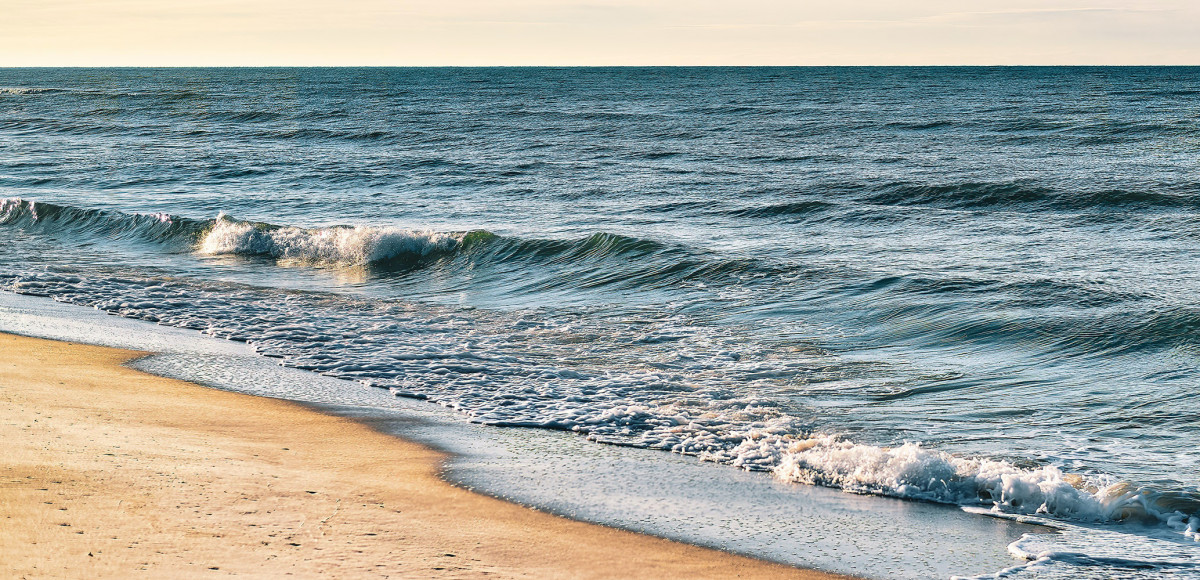Speakers provided updates on the ocean-observing infrastructure in the Gulf of Mexico and the U.S. during the Gulf of Mexico Coastal Ocean Observing System’s (GCOOS) recent spring meeting.
The plenary speaker was Dr. William Burnett, Director of the National Data Buoy Center (NDBC), which uses marine buoys to collect and disseminate ocean observations that support maritime navigation as well as predictions to changes in weather, climate, oceans and coasts. The NDBC operates the world’s largest network of ocean observing buoys and has gathered nearly 50 years of data about the Gulf of Mexico. Data points include air temperature, relative humidity and dew point, barometric pressure, wave height and period and sea surface temperature. In 2021, GCOOS worked with NDBC to take over oceanographic data hosting for the Notice to Lessees and Operators gathered under Bureau of Safety and Environmental Enforcement (BSEE) rules.















